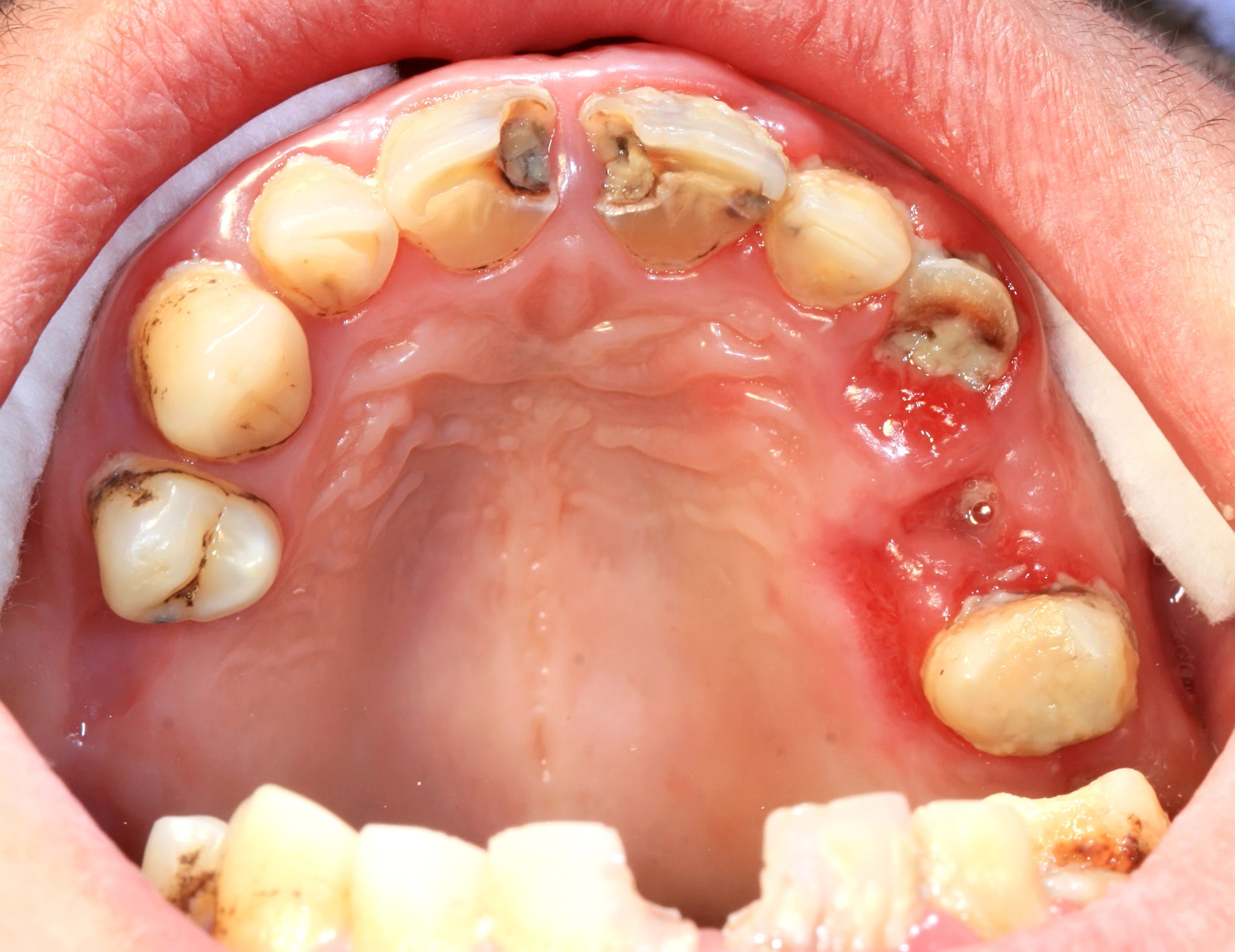Oral cancer covers all cancers that develop in the oral cavity. It includes the cancer of the tongue, lips, gums, roof of the mouth, inner cheek linings, andunder the tongue. Oral cancer is grouped under head and neck cancer, and their treatments are similar.
Common symptoms of oral cancer include:
Oral cancer occurs when cellular DNA mutations occur in the mouth or on the lips. The DNA in your cells contain information that tells the cell how to function. When mutations occur, it changes the information in the cell, which tells the cells to keep growing and dividing when the healthy cells die.
The accumulated abnormal mouth cancer cells will form a tumour. After a while, the cells may spread throughout the mouth and other neck and head areas, including other body parts.
Oral cancers usually start in the flat, thin cells (squamous cells) that line inside the mouth and lips. This means that oral cancers are squamous cell carcinomas. The cause of the squamous cell mutations that result in oral cancer is still unclear, but healthcare professionals have identified some risk factors that increase the risk of oral cancer.


The following factors increase your risk of oral cancer;
It’s still uncertain how to prevent oral cancer, but the following can help reduce the risk of mouth cancer;
If you use tobacco, consider stopping, but if you don’t, don’t start. Using tobacco, whether by smoking or chewing it exposes your mouth to dangerous chemicals that cause cancer.
Excessive alcohol intake can irritate your mouth cells, making them more susceptible to mouth cancer. If you want to drink alcohol, ensure you take moderate amounts. Healthy women, regardless of their age and men above 65, can take up to one drink a day, but men below 65 can take up to two drinks a day.
Stay in a shade when possible, or wear a broad-brimmed hat that covers your face, including your mouth, to protect your lip from sunlight. You can also include a sunscreen lip product in your routine sun protection regimen.
When you attend your regular dental check-up, your dental professional will inspect all areas of your mouth and check for signs of oral cancer.
If you experience any persistent symptoms that give you concern and do not stop after two weeks, ensure you visit your dentist or doctor. Your healthcare provider will examine you and carry out some investigations to rule out common causes of the signs and symptoms you experience.
If you notice changes in your mouth that cause you concern, visit Smile Clinic London today to have our dentist examine your oral health. You can contact us at info@smileclinic.london or 020 7139 8611 to schedule an appointment with our dentist.